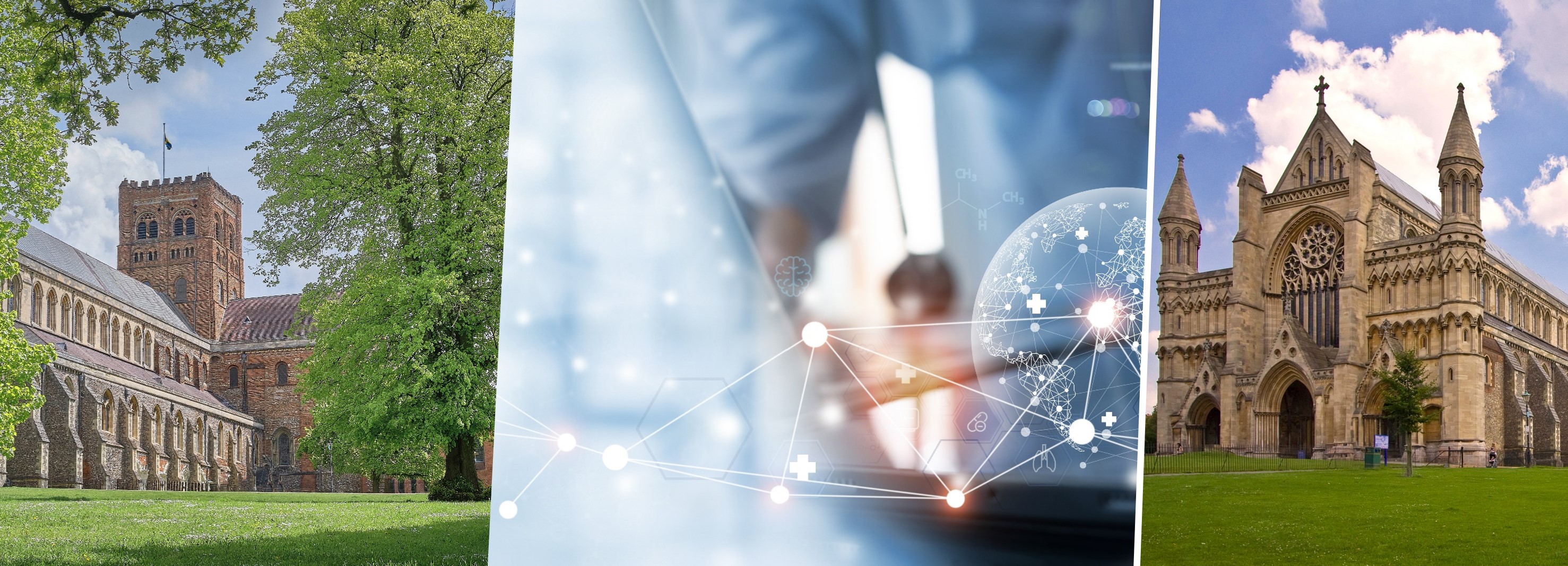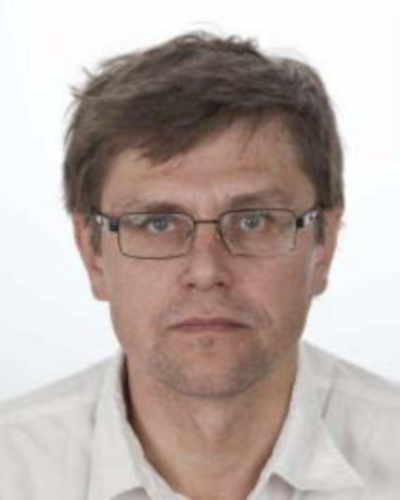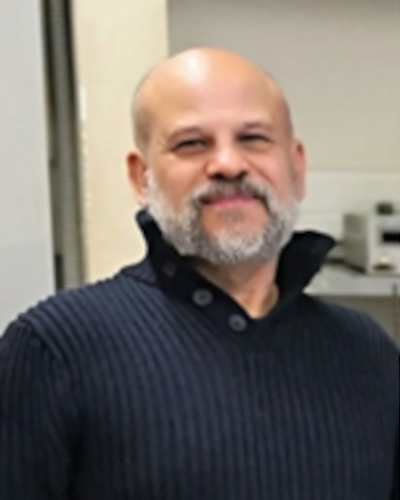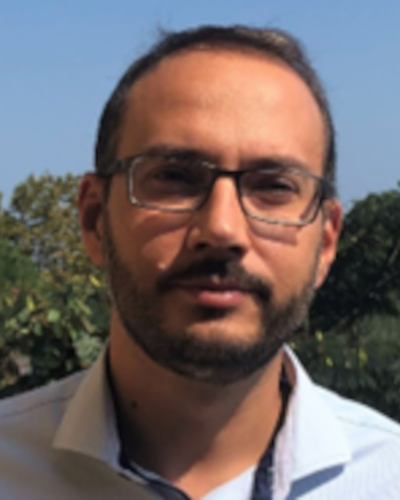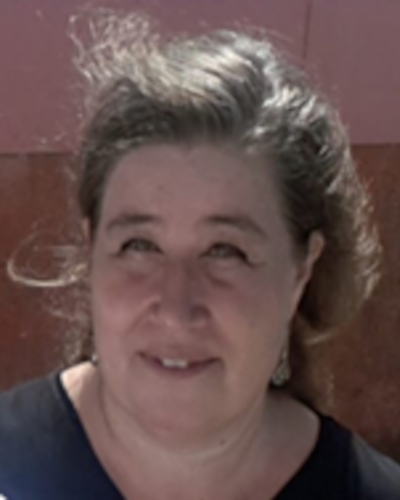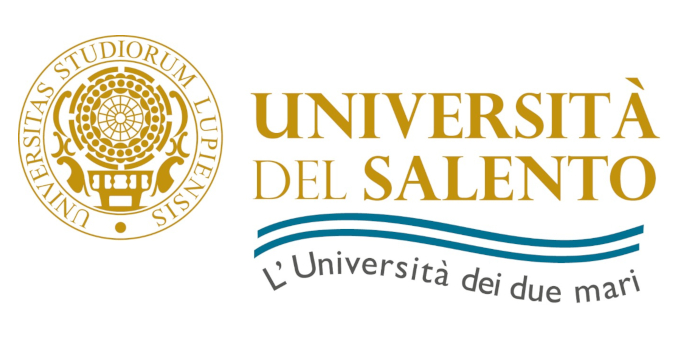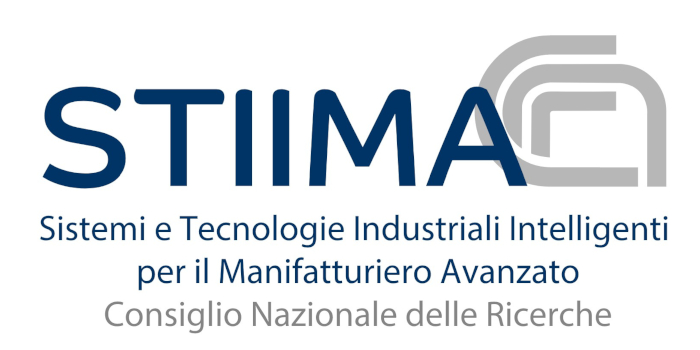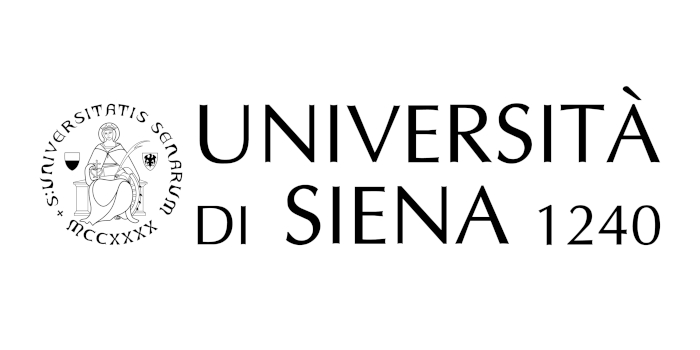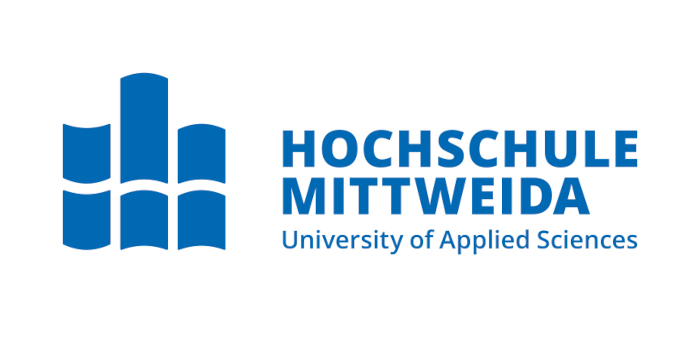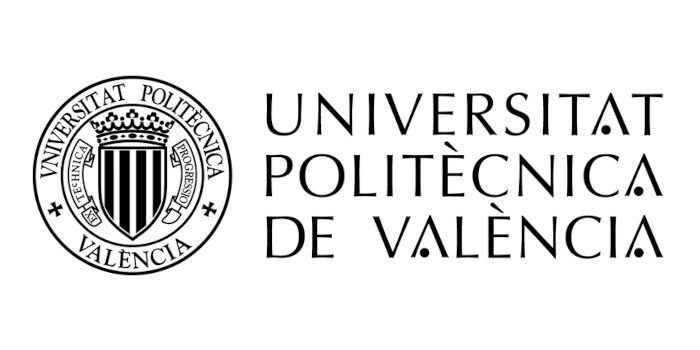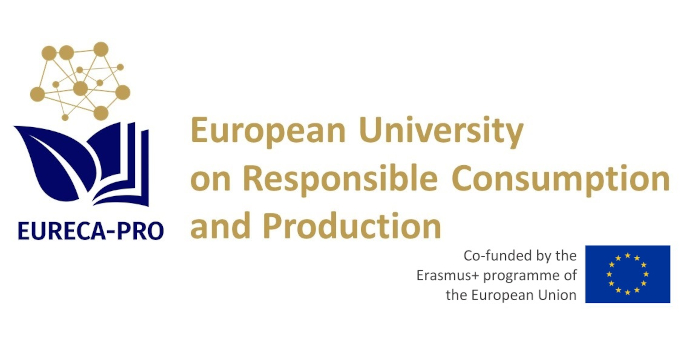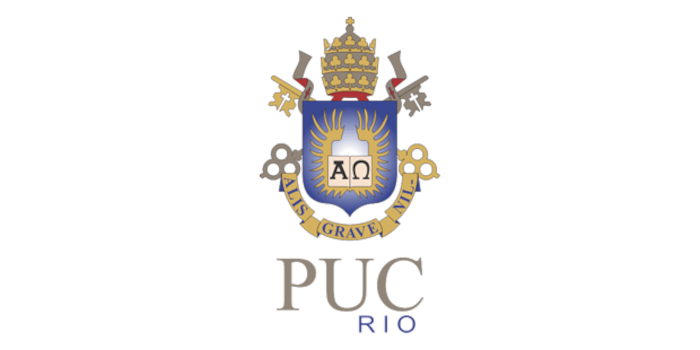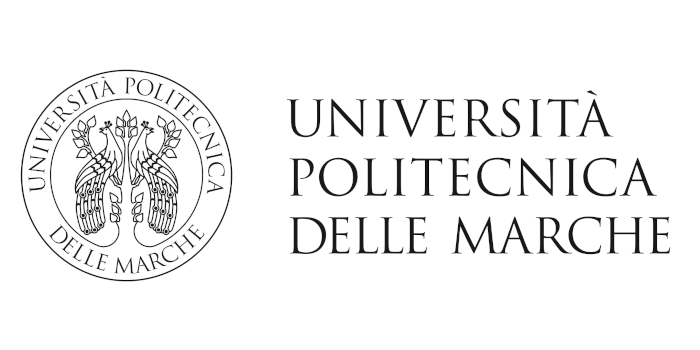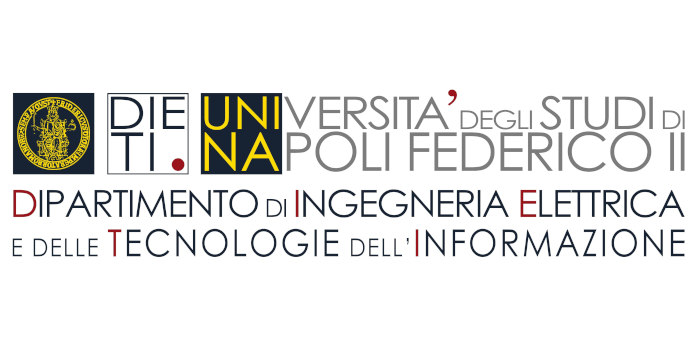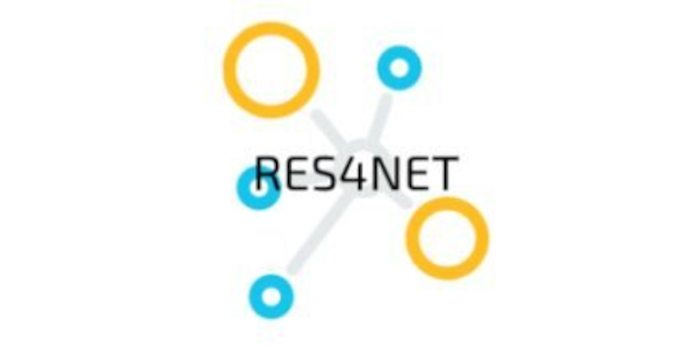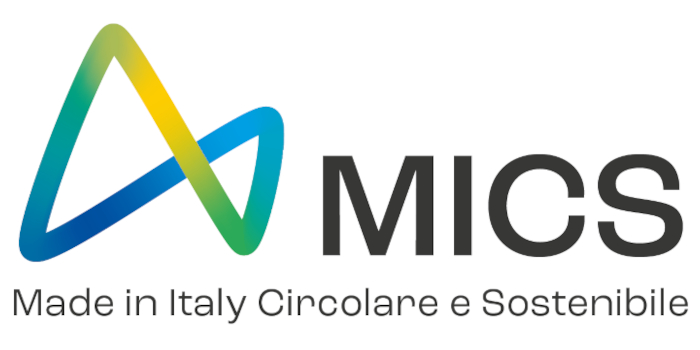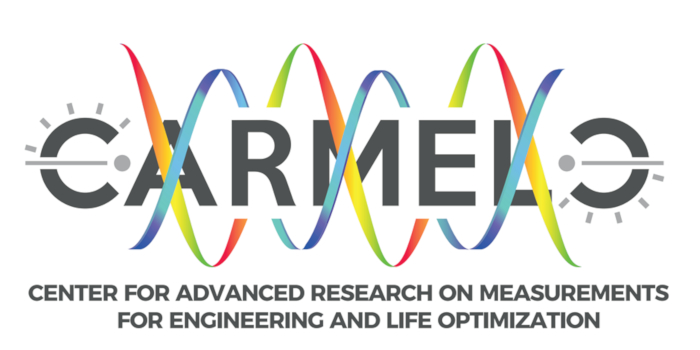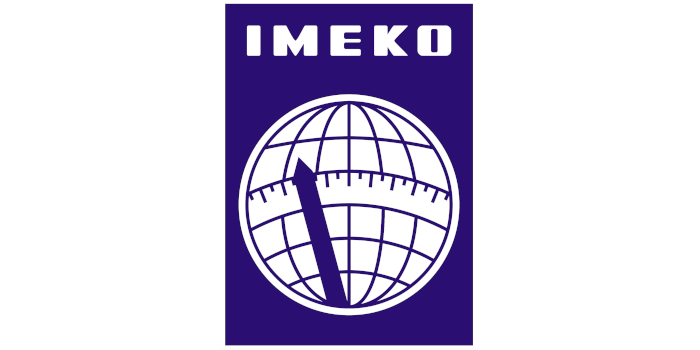SPECIAL SESSION #37
Sensors for Sustainability
ORGANIZED BY
Alvo Aabloo
University of Tartu, Estonia
Salvatore Graziani
University of Catania, Italy
Luca Patanè
University of Messina, Italy
Maria Gabriella Xibilia
University of Messina, Italy
ABSTRACT
Smart systems are required for the development of a sustainable economy. IoT, precision agriculture, and Industry 4.0 & 5.0 will be part of the implementation of such an economy. Sensors will play a key role in the realization of the envisaged systems. Radically new sensing systems, from raw materials to production technologies, to improved data elaboration capabilities, are required.
Silicon-based electronics are not suitable for the realization of green sensing systems. There is a need for new electronics based on novel materials and technologies that can provide meaningful answers to such requirements. Technologies are needed for sensor fabrication that uses renewable raw materials, save energy and yield devices whose disposal has no relevant impact on the environment. Biodegradable biopolymers can be exploited for this purpose.
Advanced processing of data can help develop Software Sensors (SS) that improve our ability to exploit resources better and limit inefficiencies in processes. Using SS requires exploring aspects such as SS design for time-varying systems, feature and data selection, outlier detection, big/small datasets, model class selection, model validation and maintenance, model interpretability, and transfer learning.
Following the success of the Special Session on "Soft Sensors for Industry 4.0" held in previous issues of MetroXraine, this Special Session aims to broaden the focus on the role of sensors in sustainability. The session will therefore focus on both recent research and challenges in the development of sensors in terms of their environmental impact and contribution to a greener economy.
TOPICS
The list of topics of interest includes (but is not limited to):
- Biopolymers for sensors;
- Green Electronics;
- Biodegradable sensors and transient electronics;
- Biopolymer-sensor modelling;
- System identification for SS design;
- Outliers detection;
- Data selection;
- Feature extraction;
- Big and small datasets;
- Deep learning techniques;
- Bio-inspired learning techniques;
- Model validation;
- Soft sensor maintenance;
- Transfer learning;
- Model interpretability;
- Soft sensors for time-varying systems;
- Industrial applications of soft sensors;
- Green sensor applications.
ABOUT THE ORGANIZERS
Alvo Aabloo, is professor of polymeric materials technology and head of Intelligent Materials and Systems Lab. He has a PhD degree in physics (1994) focusing on computational research of celluloses from University of Tartu, Estonia. His postdoc research topic was computational modelling of ion exchange polymer membranes in ion-polymer batteries in Uppsala University, Sweden Since 2004 he is focusing on ion-polymer active materials (artificial muscles) cross disciplinary research, computational methods, fabrication, control and applications. Founder of Intelligent Materials and Systems Lab (40+ persons today). His research activities include electrochemomechanically active polymer composite materials, computational materials, ion-polymer batteries, robotics and space application. He has published more than 190 scientific papers.
Salvatore Graziani, received the M.S. degree in electronic engineering and the Ph.D. degree in electrical engineering from the Università degli Studi di Catania, Italy, in 1990 and 1994, respectively. Since 1990, he has been with the Dipartimento di Ingegneria Elettrica, Elettronica e Informatica, Università di Catania, where he is a Full Professor of Electric and electronic measurement and instrumentation. His primary research interests lie in the field of sensors, polymeric sensors and actuators. He has co-authored several scientific papers and books.
Luca Patanè, received the degree in Computer Science Engineering and the Ph.D. degree in Automation and Electronic Engineering from the University of Catania, Italy, in 2001 and 2005, respectively. He is currently an Assistant Professor in Modelling and Automation at the University of Messina, Italy. His research activities focus on nonlinear systems modeling and control; system identification and soft sensor development; neural networks and learning systems; legged locomotion and insect-inspired control systems; modeling and control of bio-inspired robots. He published more than 130 technical papers and several chapters in books in the field of control and bio-robotics.
Maria Gabriella Xibilia, received the M.S. degree in Electronic Engineering and the Ph.D. degree in Electrical Engineering from the University of Catania, Italy, in 1991 and 1995, respectively. Since 1998, she has been with the Department of Engineering, University of Messina, Italy, where she is currently an Associate Professor of Automatic Control. She co-authored more than 140 scientific papers and 5 books. Her current research interests include system identification, soft sensors, process control, nonlinear systems, fractional order systems and machine learning.

